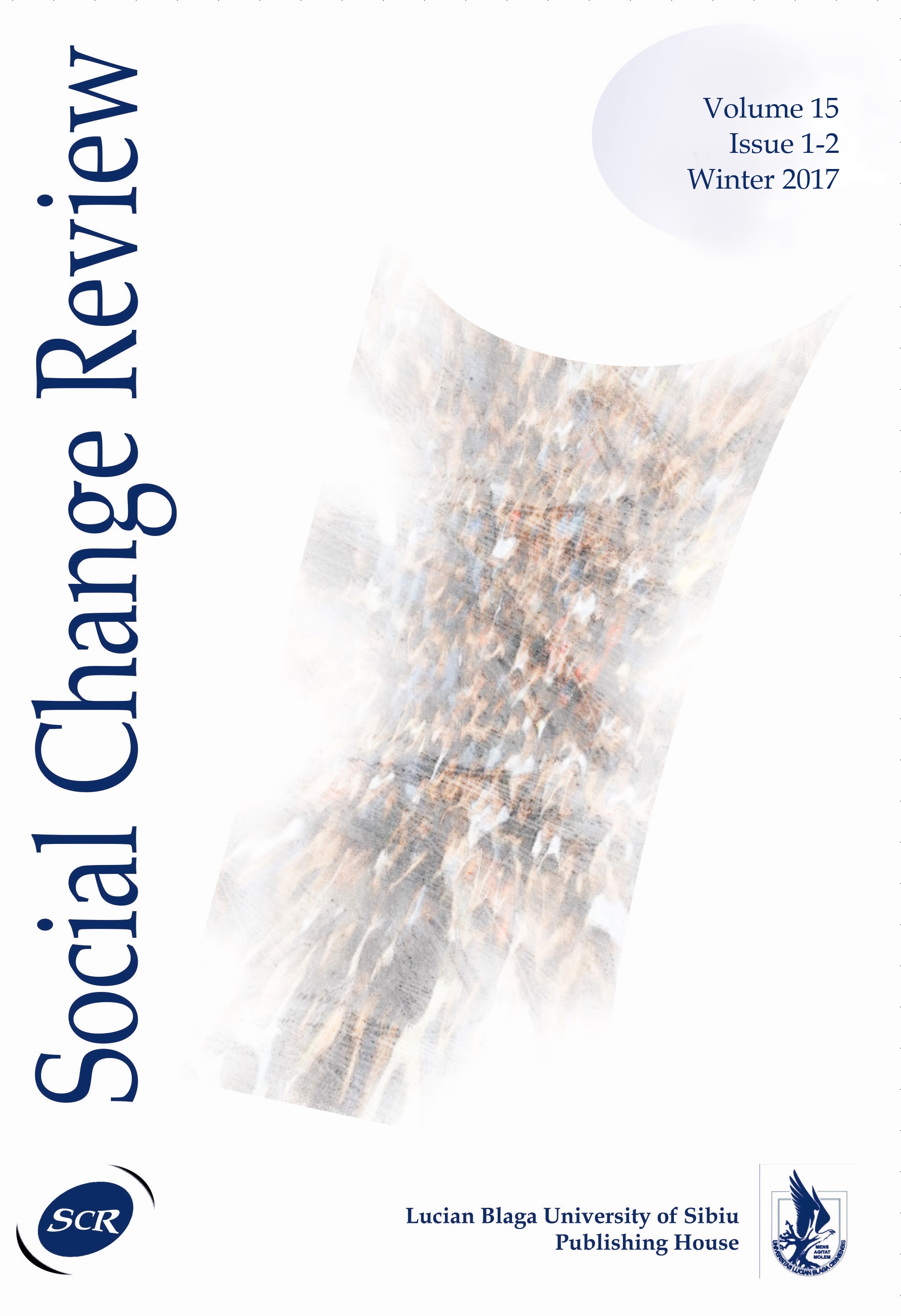Measuring income inequality: comparative datasets and methodological deficiencies. An overview of income inequality in Romania during postsocialism
Measuring income inequality: comparative datasets and methodological deficiencies. An overview of income inequality in Romania during postsocialism
Author(s): Ionuţ-Marian AnghelSubject(s): Social Sciences, Economic development
Published by: Editura Universitatii LUCIAN BLAGA din Sibiu
Keywords: Income inequality; Comparative datasets; Methodological pitfalls; Neoliberalism; Postsocialism; Romania;
Summary/Abstract: The article delineates the main methodological deficiencies and datasets available for comparing income inequality at the European and world level. The article is divided in two parts. In the first part of the article, I present the main datasets and methodological deficiencies when trying to compare income inequality in the world. Although efforts have been made in the last decades to generate comparative databases, the qualities of some indicators are rather doubtful and also there is no common ground on conceptualizing inequality indicators and measuring them, some of which are income-based, while others are household expenditure-based. Then, I present two classical studies on studying income inequality after the Washington consensus. In the second part of the article I sketch an overview of rising income inequality in Romania after 1989 by presenting some income inequality indicators and comparing them with other former CEE countries. However, I will pinpoint that Romania’s case is rather exceptional in the EU and, when comparing standard income inequality indicators, further explication needs to be delivered. I conclude that while income inequality is the result of macro-structural changes that occurred during the transition to market capitalism, political decisions are not to be played-down.
Journal: Social Change Review
- Issue Year: 15/2017
- Issue No: 1-2
- Page Range: 55-82
- Page Count: 28
- Language: English

